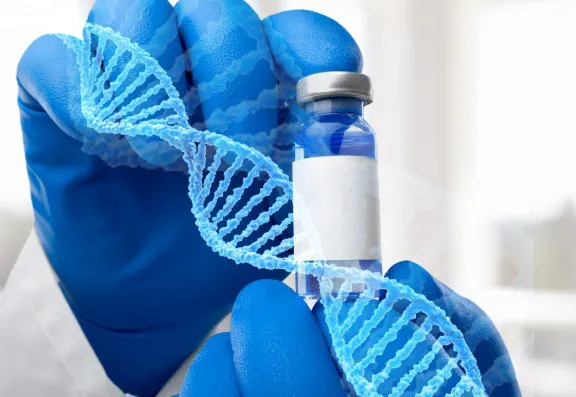In addition to their success rate with these applications, polynucleotides work well alongside other treatments, enhancing their effects, such as by boosting the longevity of anti-wrinkle injections.
What are the potential side effects of polynucleotides?
One of the advantages of polynucelotides is that they have an excellent safety record and are generally highly tolerated. Although the risks and side effects are less than those of other injectable procedures, this will depend on the practitioner’s experience and technique. Patients may experience redness, swelling and bruising but this should settle after one to two days. More serious side effects, such as allergic reactions, are extremely rare.
As with all treatments, it’s important to carry out a thorough pre-treatment consultation to assess the patient’s suitability. Explaining and documenting any potential side effects, and getting signed consent, is just as important as the treatment itself in case you have a claim or complaint made against you. Make sure anything discussed in the consultation is noted, ideally in email form, so that you have an audit trail. It is also best practice to carry out a two-stage consenting process. When you see the patient twice, you can provide them with the details of any risks and benefits at the first appointment and evidence the consent at the second appointment.
How can Hamilton Fraser help you integrate polynucleotides into your clinic?
Hamilton Fraser can provide polynucleotides cover for doctors, dentists, nurses, dental hygienists, dental therapists, pharmacists, paramedics, operating department practitioners and physiotherapists within your medical malpractice insurance policy. Polynucleotides are covered as standard for these medical professionals under mesotherapy skin rejuvenation, provided you have the relevant qualifications to perform this treatment. Training needs to be undertaken with a medical professional.
Learn more about regenerative treatments (polynucleotides).
Visit our treatment pages to find out more about the treatments we cover. If a specific treatment is not listed, please give us a call to discuss your bespoke requirements.


